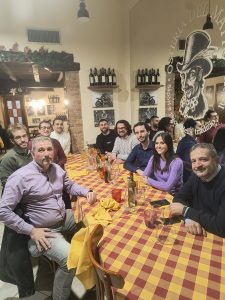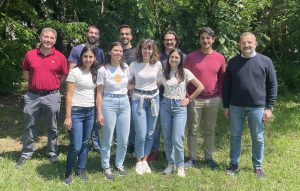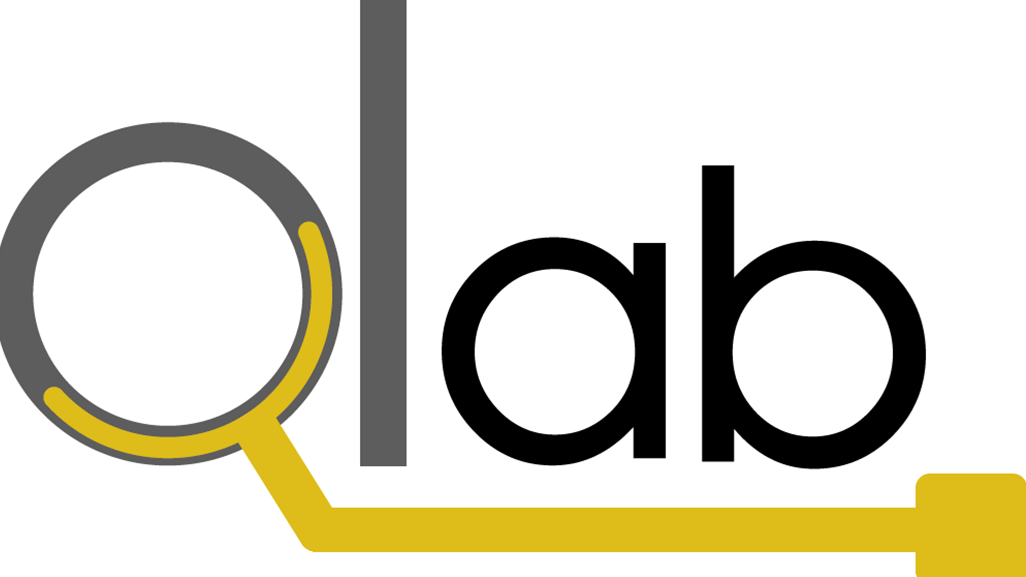The Quantum Photonics Laboratory (Qlab) is located at the floor -1 of the Department of Physics of the University of Pavia.
Building upon over 20 years of experience in photonics, spectroscopy and integrated optics, it is well recognized for the quality of the research and among the most important centers for integrated photonics in Italy.
The Qlab has four fully-equipped laboratories, in which several experiments can run in parallel. The Qlab reserach activity focuses on integrated quantum photonics, from fundamental studies to applications. We explore different material platforms (e.g. Si, SiN, LiNbO, AlGaAs) and different wavelength regions (from 600 nm to 1600 nm), in both pulsed and continuous wave regime.
The photonic integrated citcuits (PICs) are designed and simulated in our labs, and fabricated through multi-project wafer runs in external foundries. The Qlab features a network of external partneres from both academia and industry such as CEA Leti in Grenoble (France), Xanadu Quantum Technologies in Toronto (Canada) and Advanced Fiber Resources in Milan.
The group closely collaborates with the UniPV groups of Prof. Marco Liscidini (website) and of Prof. Dario Gerace, for both theoretical support and the sharing of new ideas.
In the last few years, the research activities covered many topics:
- Generation, characterization and optimization of correlated photon-pair sources in microresonators and photonic crystal cavities
- Methods for the charactererization of photon pair sources based on stimulated emission tomography
- Quantum state engineering in structured photon pair sources made by multiple resonators, certification of entanglement and quantum state tomography
- Characterization of the linear and nonlinear properties of integrated photonic circuits in different material platforms: silicon, silicon-nitride, AlGaAs, thin-film lithium niobate
- Frequency and time-bin quantum information processing: generation and manipulation of high-dimensional states, quantum key distribution and boson sampling
- Development of thin-film lithium niobate circuits and photon-pair sources for quantum state generation and manipulation
For more details on our last research output, check our publications.


For further informations about the group, running activities or open positions contact:
Matteo Galli – matteo.galli@unipv.it
Daniele Bajoni – daniele.bajoni@unipv.it
Massimo Borghi – massimo.borghi@unipv.it
Marco Clementi – marco.clementi01@unipv.it
